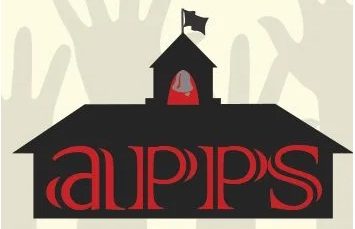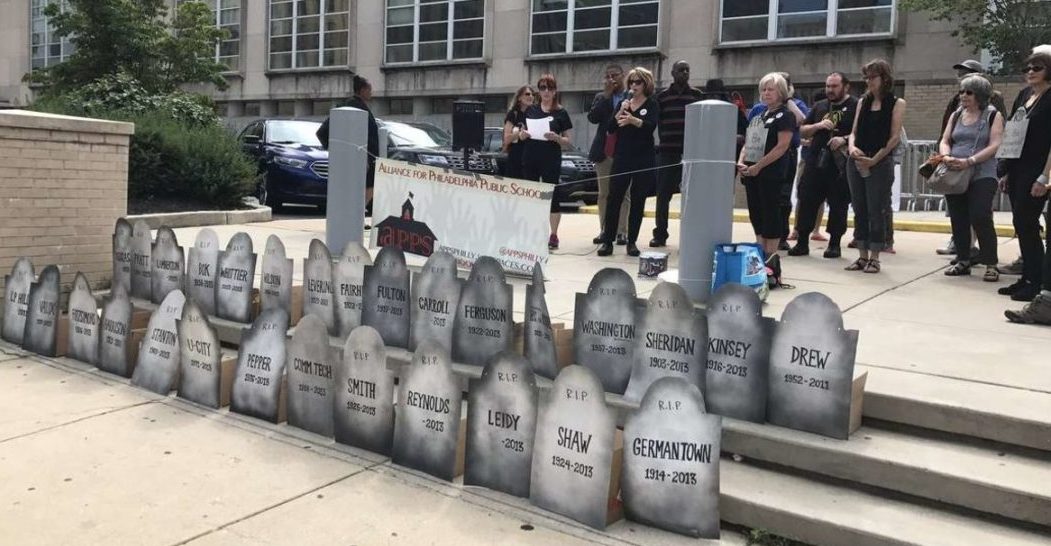Re: Objections to Adoption of Regulations Action Item No. 3 on the Agenda
Dear Board Members:
Last Thursday at the Board’s remote joint committee meetings I spoke about my objections to the adoption of the regulations linked to Agenda item No. 3. I promised the Board that I would submit written comments before the action meeting tomorrow, April 30, 2020.
As you may know, I have been an advocate for the best practices in public school governance for well over a decade now. Formerly, I was a teacher and an administrator with the District for 34 years. I taught Reading, English and Law.
Since my retirement, I have represented several teachers who had been improperly dismissed by the District. I have participated in many hearings and have written over 50 briefs on the issues of proper procedure.
I have dealt with those issues from both sides of the table.
I ask that the Board table the resolution titled: Adoption of Employee Discipline Hearings, and Charter Non-Renewal and Revocation Hearing Regulations (Pending Updated 4.14.20).
I believe it would be wise for the Board to take a much more measured approach to developing standard procedures for School Board hearings pertaining to charter school non- renewals and dismissals of professional employees and other employees of the District.
My recommendation is that the Board adopt “Standard Practice Procedures” for Board hearings. Not “regulations.” The last thing that we need is a challenge and more litigation from the charter school contingency and attorneys who represent aggrieved employees.
A much more public and inclusive legal process is required for “proposed rulemaking” for regulations. Drexel University Law School has a website which explains the detailed process.
https://drexellaw.libguides.com/c.php?g=366020&p=6030400
Standard Practice Procedures are simpler to create and enact. Moreover, they are easily included in any “Notice of Charges” of the Board. They can also be easily defended upon a legal challenge or revised as needed.
Any procedures which the Board adopts must be “in accord” with present law, including the Code of Administrative Procedures” which already govern such hearings.
To be honest, I have never had any problem with the way any of the hearings have been conducted by the Board’s hearing officers. The Board’s most often used hearing officer, Rudy Garcia, Esquire is extremely knowledgeable of the procedures and does an excellent job.
It is important that the hearing officer have flexibility in how he handles the hearings. Each hearing has different problems. Everything which is in the proposed regulations can be accomplished by the hearing officer. There are already existing “administrative procedures” which establish everything covered by the proposed regulations.
Any standard procedures must provide for the flexibility of the hearing officer.
A. Specific Objections to the Proposed Regulations for Disciplinary Hearings
The Teacher Tenure provisions of the School Code establishes the procedures which the School Board is required to follow when the Board seeks to dismiss or demote a “professional employee.” That includes teachers, principals and assistant principals among others.
Those statutory procedures are mandatory and require “strict compliance” or the dismissal action is void ab initio. Those procedures are not optional to the Board of Education or its administrative staff. They are established by statute. No material deviation is permissible. 24 P.S. § 11-1121 et sq.
Those provisions are mandatory “procedural safeguards” enacted by our Legislature. That is “well settled” in court decision after court decision of both the Commonwealth Court and the PA Supreme Court.
The proposed regulations are “not in accord” with the procedural safeguards and the case law interpreting those provisions.
Specifically to the Proposed Regulations for disciplinary hearings: (1) Speaking to Section III. Conduct of Hearings:
The School Board must hold the dismissal or demotion hearings pursuant to Sections 11- 1127 and 11-1129 of the School Code. The entire Board does not have to sit in on the hearing. It can be held by one or several of the Board members. The case law already allows for the dismissal or demotion hearing to be conducted solely by a hearing officer appointed by the
Board – as long as each Board member reads the transcript, reviews the evidence, and “the Board” makes the decision.
The question the Board members must answer is: Whether the Board’s charges have been sustained and warrant dismissal or demotion?
Pursuant to Section 11-1129 of the School Code, the Board must vote on that question by roll call and that vote on that question must be recorded. That is not optional to the Board.
(2) Speaking to Section II. Discovery
The Pennsylvania Code of Administrative Procedure already provides for the procedures which must be followed including those on discovery. A blanket regulation like “no right to discovery” is problematic. A teacher or other employee is entitled to copies of any videos, serious incident reports or pertinent records of the District.
It is already established by case law that in administrative hearings there is no right to depositions, interrogatories, or any extensive discovery procedures.
(3) Speaking to Conduct of Hearings: Sections 302 and 303
Those sections are unnecessary as the School Code already requires that the hearings shall be recorded by a disinterested court reporter and that the hearing is open to the public unless the employee requests a private hearing.
(4) Speaking to Conduct of Hearings: Section 304. Right to Counsel Employees already have the right to counsel. They also have the right to represent
themselves in such hearings. Such a regulation is unnecessary.
The employee should be so advised in the Board’s Statement of Charges.
(5) Speaking to Conduct of Hearings: Section 305. Stipulations:
Requests for Stipulations are already provided for by the Code of Administrative Procedures.
The proposed regulations here are better styled in a document “Standard Practice Procedures” as explained above. That will be helpful.
(6) Speaking to Conduct of Hearings: Section 306. Examination
The Pennsylvania Rules of Evidence and extensive case law govern the admission of evidence in administrative hearings. That provision is unnecessary. Cross-examination is a fundamental right of any party and the language in Section 306 which limits cross-examination on a “party’s failure to comply with Section 305” on stipulations would fail upon a legal challenge.
(7) Speaking to Conduct of Hearings Section 307. Length of Hearing
Section 11-1127 of the School Code explicitly states that “Any such hearing may be postponed, adjourned or continued.”
The length of hearing provision of one day in Section 307 is contradictory. A hearing officer may need to continue the hearing to a second day for several reasons which may arise at the hearing. That usually does not happen though.
(8) Speaking to Conduct of Hearings Section 308. Briefs
The form of briefs in administrative actions is governed by the Code of Administrative procedures and not the Rules of Civil Procedure. The Rules of Civil Procedure do not apply to administrative hearings.
The limitation on length of briefs to 10 pages is not practicable and is a violation of due process. The defendant in a dismissal or demotion action has every right to file a brief which fully allows full argument.
(9) Speaking to IV. Decision
This is misleading as to the responsibility of the Board in dismissal hearings. The Board is required to make the decision as explained above. Section 11-1129 does not allow the Board’s hearing officer to make the decision and then have the Board “adopt” the decision of a hearing officer.
That is plainly “not contemplated” by the School Code.
B. The Proposed Charter School Hearing Regulations
The proposed Regulations Governing Charter Non-Renewal and Revocation Hearings may also create similar issues for the District. I am sure the charter school contingency may not be happy with the proposed regulations. They will fight you tooth and nail.
Conclusion
For all of these reasons I ask that the Board of Education table the proposed regulations vote and get more input from those of us who practice in this area and the public.
The last thing we need to do is waste more money on needless litigation. My recommendation is that the Board adopt “Standard Practice Procedures” for Board hearings. Not “regulations.”
I, like others, want dismissal and demotion hearings to be conducted efficiently while protecting everyone’s “Due Process” rights.
The protection of the rights of students, teachers and principals is dear to my heart.
Thank you for your courtesy and for allowing me to submit this public comment to you. These are not easy issues.
I also want to thank you for your dedication to our school community. Sincerely,
/S/ Rich Migliore

